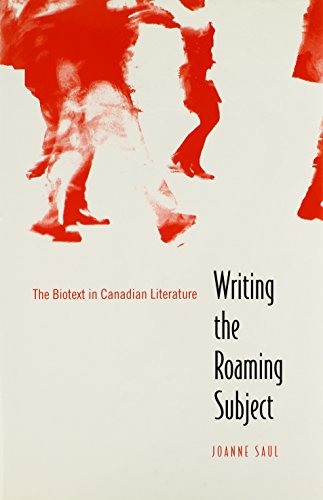

Most ebook files are in PDF format, so you can easily read them using various software such as Foxit Reader or directly on the Google Chrome browser.
Some ebook files are released by publishers in other formats such as .awz, .mobi, .epub, .fb2, etc. You may need to install specific software to read these formats on mobile/PC, such as Calibre.
Please read the tutorial at this link. https://ebooknice.com/page/post?id=faq
We offer FREE conversion to the popular formats you request; however, this may take some time. Therefore, right after payment, please email us, and we will try to provide the service as quickly as possible.
For some exceptional file formats or broken links (if any), please refrain from opening any disputes. Instead, email us first, and we will try to assist within a maximum of 6 hours.
EbookNice Team

Status:
Available0.0
0 reviewsEngaging current debates within the studies of life writing and of the nation-state, Writing the Roaming Subject focuses on a group of Canadian writers who pose questions about cultural difference and national identity while writing about their own lives and their own experiences of displacement. Joanne Saul uses the term 'biotext' to describe the unique form of writing that challenges critical practices regarding both life writing and immigrant and ethnic minority writing by blurring the borders of biography, autobiography, history, fiction and theory, as well as poetry, prose, and visual representation.
In her readings of selected contemporary Canadian biotexts - including Michael Ondaatje's Running in the Family, Daphne Marlatt's Ghost Works, Roy Kiyooka's Mothertalk, and Fred Wah's Diamond Grill - Saul suggests that by crossing generic boundaries, these works illuminate the complex relationships between language, place, and self as they are manifested in textual form. Writing the Roaming Subject explores issues of identity formation, representation, and resistance in Canada and suggests that these are particularly crucial questions during a period of Canadian literary history when so many writers are insisting on new, more diverse cultural performances that resist the pull of the national imaginary.